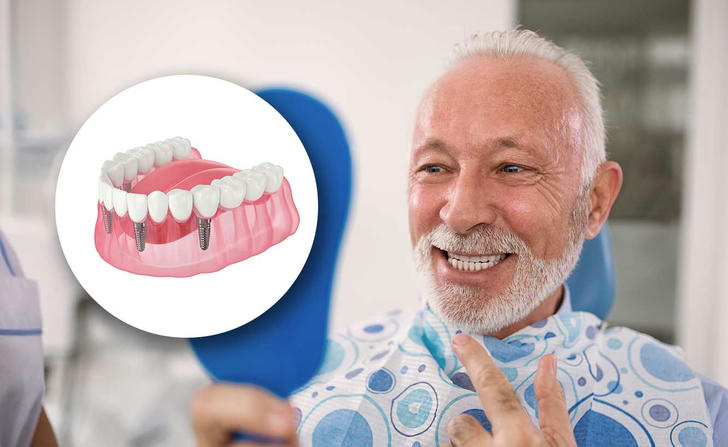Dental Implants for Seniors in the United States: A Complete Guide
Considering dental implants? How can you make the right choice and find the most cost-effective options? This article provides comprehensive information.

How Seniors Can Correctly Choose Dental Implants
Selecting the right dental implant treatment begins with understanding personal health conditions and the available options. For seniors, several factors should be considered:
Type of Implants: Options include single-tooth implants, implant-supported bridges, or full-arch solutions such as “All-on-4” implants, which are popular among seniors seeking complete tooth replacement.
Dental Clinic Expertise: Choosing an experienced oral surgeon or prosthodontist with a proven record in geriatric care reduces risks.
Longevity and Maintenance: Unlike dentures, implants can last decades if properly cared for. Seniors should consider long-term benefits rather than only short-term cost.
Making an informed choice means balancing medical safety, comfort, and budget. Seniors should ask for detailed treatment plans, including potential complications, before committing.
Many dental offices in the United States offer dental implants for those 55 and older—would you like to find one in your area?
| Clinic / Program | Location | Promotion / Offer |
|---|---|---|
| North Texas Dental Surgery | Texas | Dental savings plan for seniors without insurance after first implant placement |
| Aspen Dental | Nationwide | 5% discount on implants for seniors with dental insurance; flexible financing options |
| Dental Schools and Teaching Hospitals | Various Locations | Reduced-cost implants performed by dental students under supervision |
| Federally Qualified Health Centers (FQHCs) | Various Locations | Sliding fee scale for dental services, including implants for underserved seniors |
| Medicaid Coverage in Select States | California, New York, Massachusetts, Minnesota | Medically necessary implant procedures covered under Medicaid in some states |
| Smile, Veteran!™ Program | Nationwide | Low-cost dental implants for eligible veterans |
U.S. Financial Assistance for Seniors’ Dental Implants
In the United States, the high cost of dental implants can be a major barrier for seniors, but there are several forms of financial assistance that can ease the burden:
Medicaid (State Programs): Coverage for dental implants under Medicaid varies by state. In certain cases, implants may be covered if they are considered medically necessary, for example when tooth loss affects nutrition or overall health.
Veterans Affairs (VA) Benefits: Eligible veterans may qualify for full or partial dental implant coverage if the tooth loss is connected to their service or significantly impacts their health and well-being.
Nonprofit and Community Programs: Charitable organizations, such as the Dental Lifeline Network, provide dental services to seniors in need, including implant treatments in specific cases.
Conclusion
Dental implants offer seniors in the United States a powerful solution for restoring oral health, improving nutrition, and boosting confidence. However, making the right choice requires evaluating personal health, selecting affordable providers, and understanding available financial support. With resources ranging from dental schools to government-backed programs, seniors can find practical pathways to secure implants without overwhelming financial strain. Ultimately, careful planning ensures that dental implants become not just a luxury but an accessible investment in long-term well-being.
